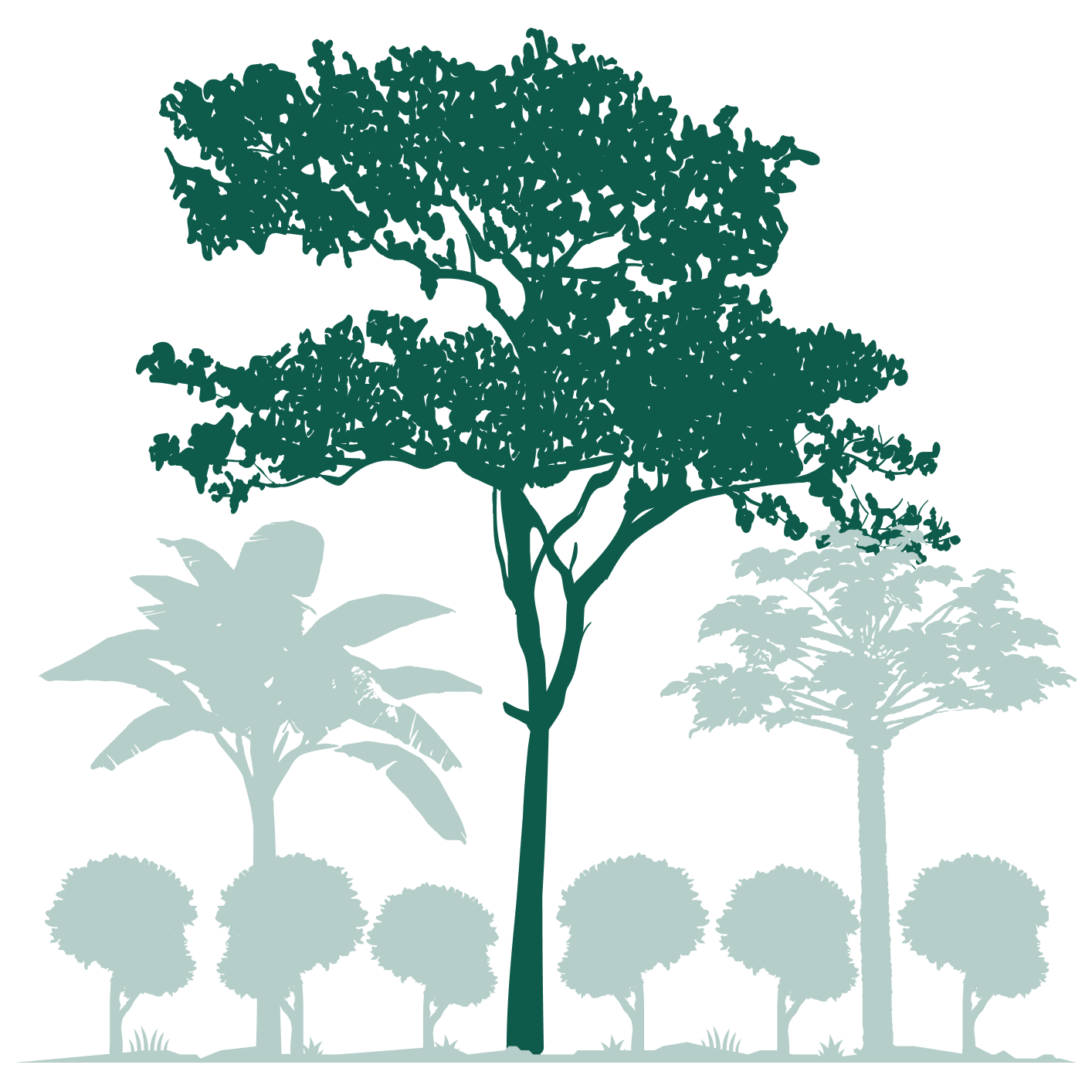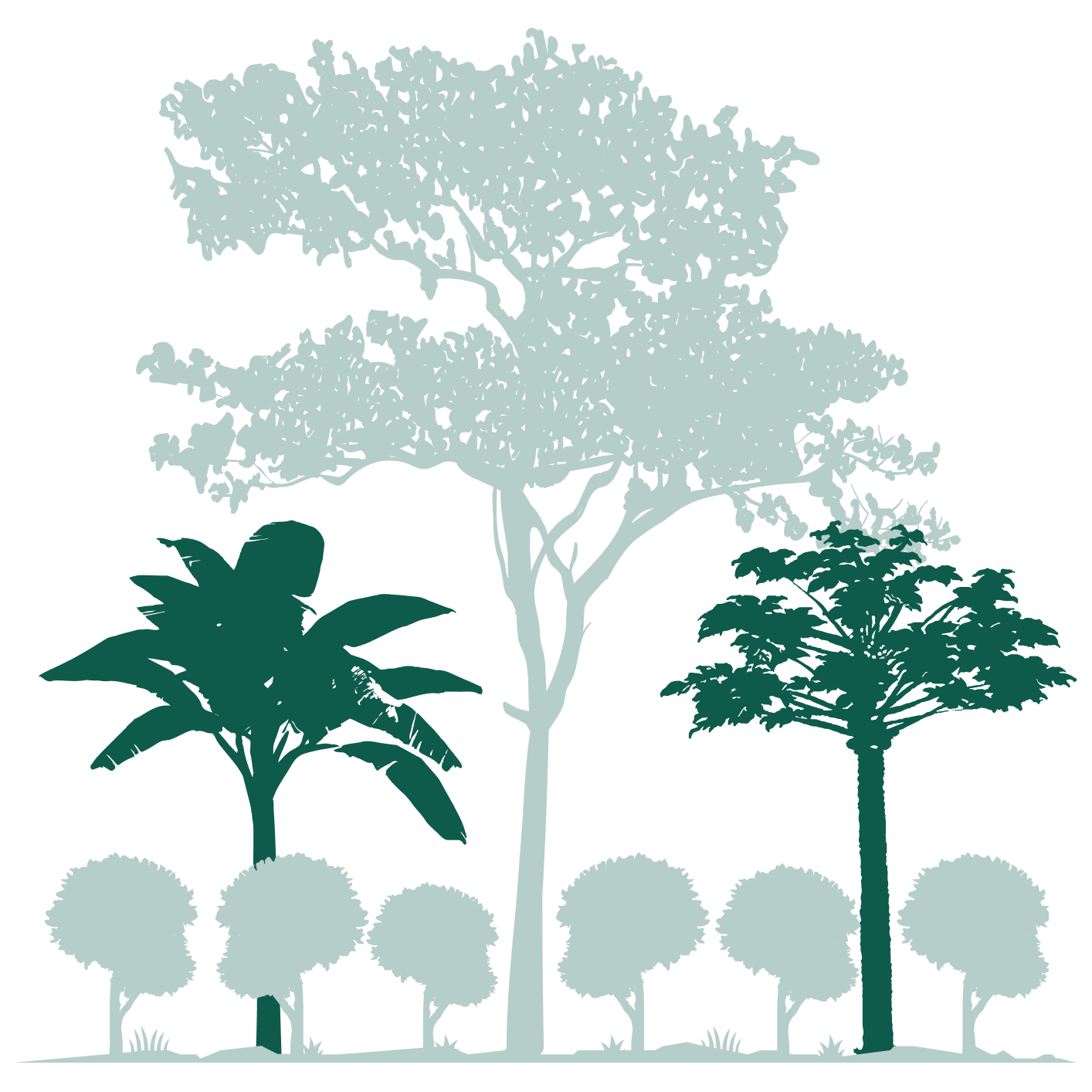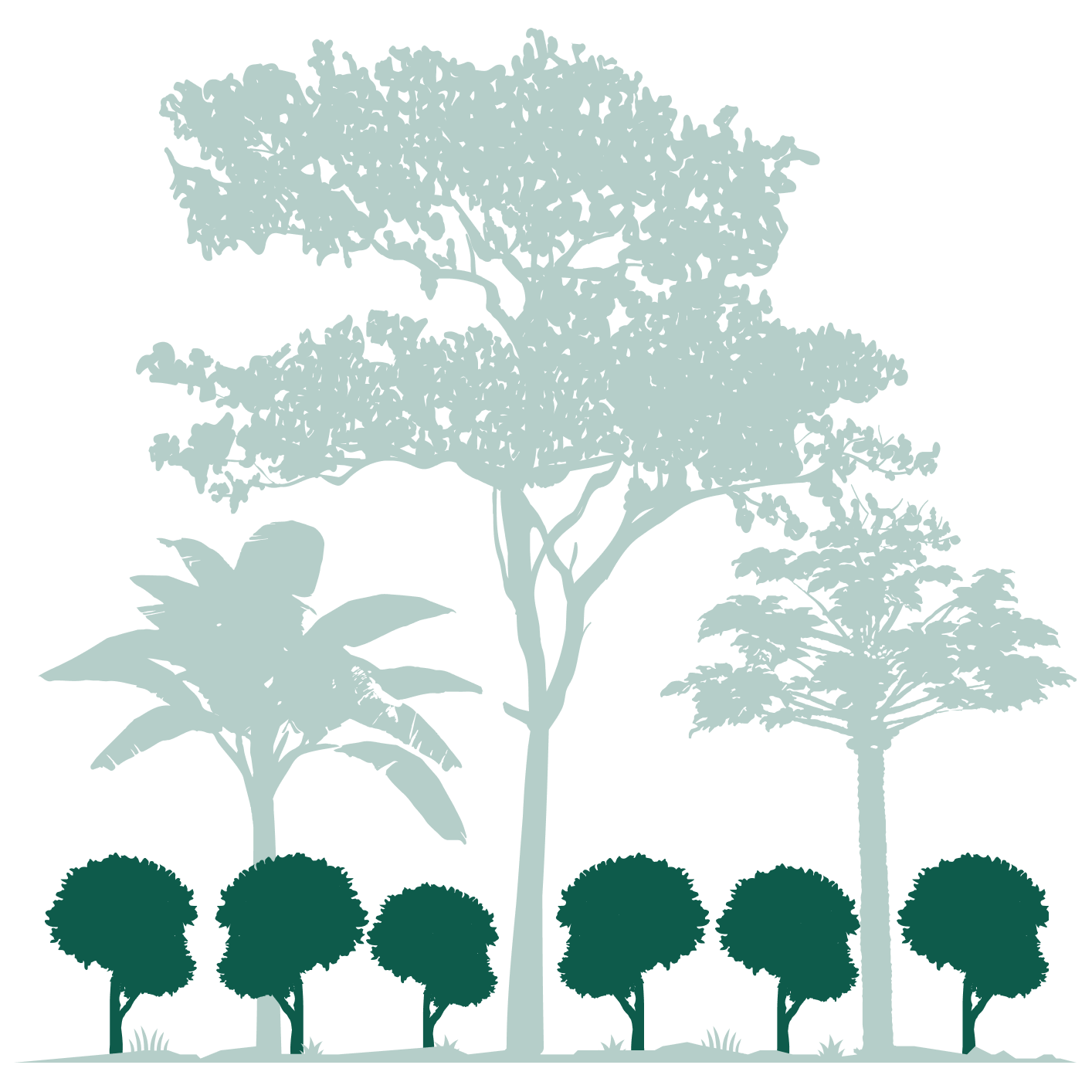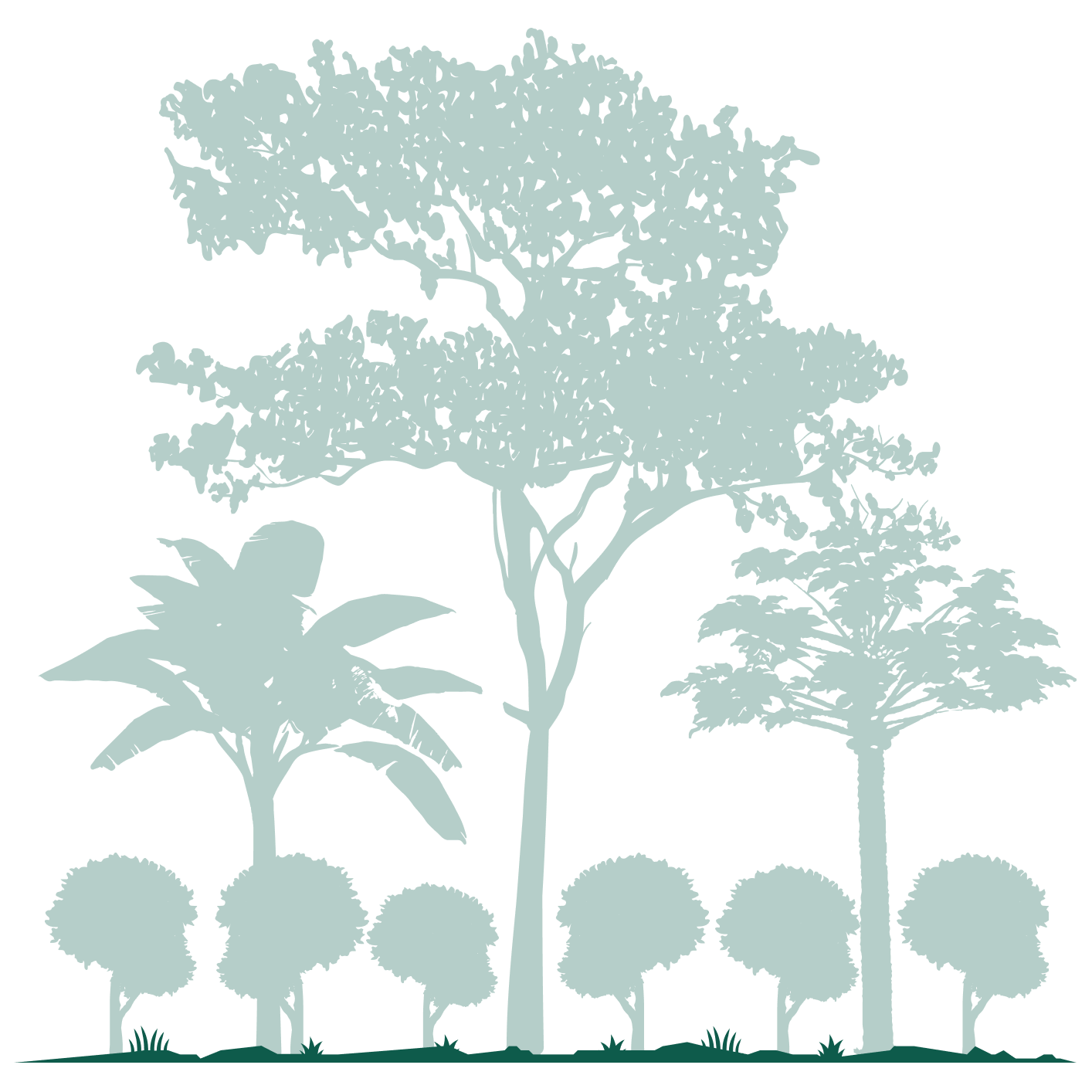The income of our growers depends not only on the selling prices of cocoa, but also on the amount of cocoa they can produce, so we need a more far-reaching approach. Kaoka combines several activities that focus on improving socio-economic conditions for our growers:
Our partnerships with cocoa growers have a minimum duration of three years
(but in reality, our cocoa programs in Ecuador and Sao Tome have been in place for nearly 20 years!)
We help growers to renovate their plantations so that productivity improves year after year!
Kaoka is committed to buy cocoa at higher prices than market prices and that are negotiated directly with growers (not the cooperative).
Kaoka is committed to buy 100% of cocoa produced by its partner growers.
In the early 2000s, when we realised that the majority of cocoa trees were ageing and causing production to decline, we knew we had to act quickly. Declining crop yields threaten the livelihood of growers and, in the long term, our cocoa supply.
/ 4
The plantations’ renovation has many beneficial impacts, it allows:
-
significantly increase cocoa yields (and therefore income).
-
reduce deforestation by helping growers to make the most of their pre-existing farmland.
-
ensure the future supply of premium cocoa, which over time develops richer flavours and aromas.
La prise en compte de ces nouvelles réalités est importante dans la rénovation des plantations car nous sélectionnons désormais des variétés de cacao résilientes, plus résistantes à la sécheresse par exemple.
Taking these new realities into account is important when renovating plantations because we can select cocoa varieties that are more resilient, resistant to drought or to other climate factors.
We can help growers face these new challenges by offering training programmes that promote agroforestry and agro-ecological practices (compost production, soil restoration, etc.).
Agroforestry involves growing trees alongside other types of crops or even raising livestock. We promote diverse agroforestry systems composed of many different species to improve biodiversity.
/ 4
Agroforestry has many positive impacts. It:
-
improves the use of resources on plots and subsequently their yields.
-
provides additional income to growers thanks to subsistence crops.
-
protects crops against climatic hazards (drought or flooding) due to the positive role played by trees in filtering water in the soil.
-
fights against deforestation by restoring deteriorated soils and thus avoiding the exploitation of new soils.
trees planted in association with our partner growers since 2018, as part of the agroforestry and renovation programs for plantations covering 820 hectares.
hectares of agroforestry created
crops combined with cocoa identified by Kaoka







